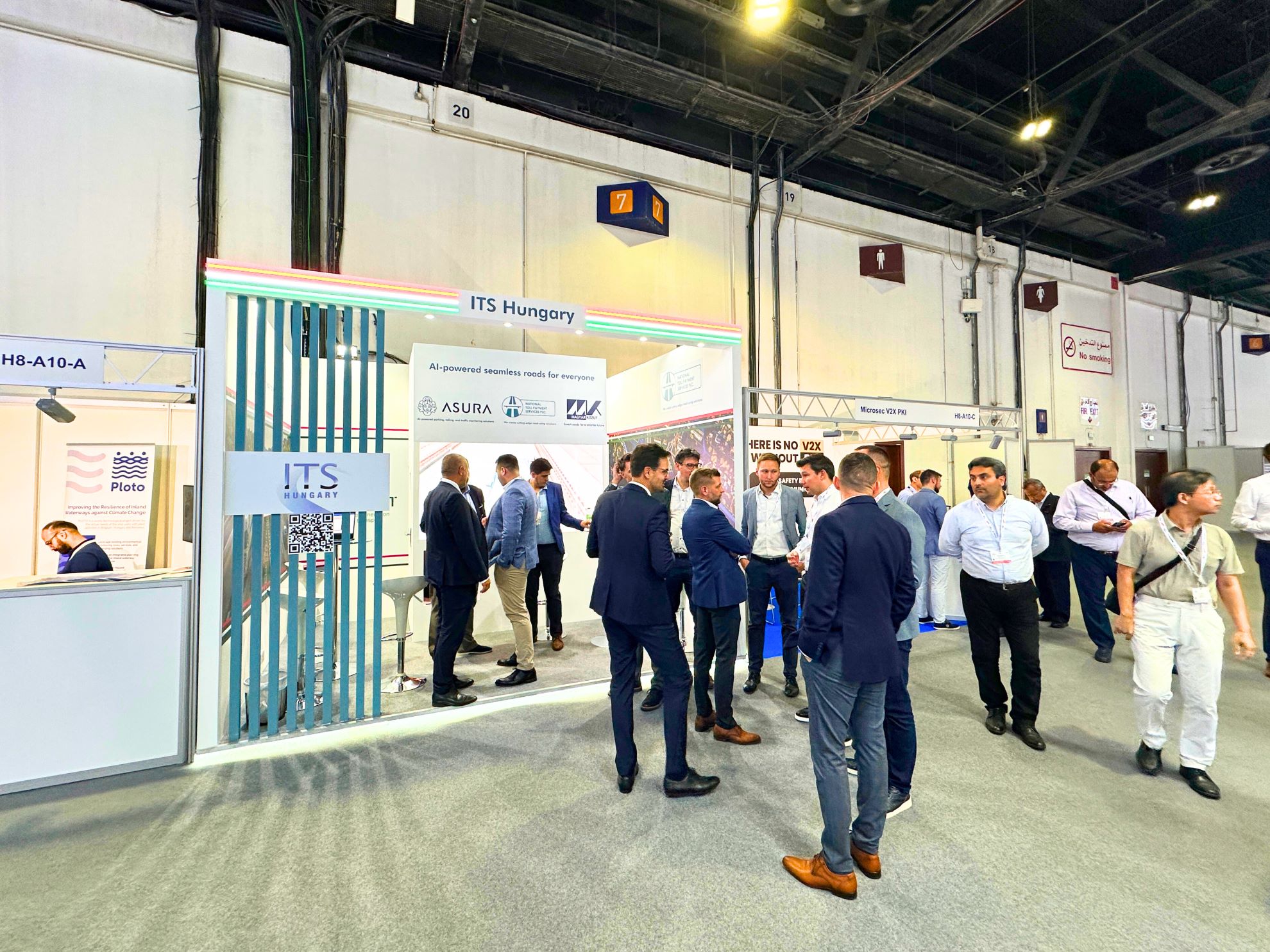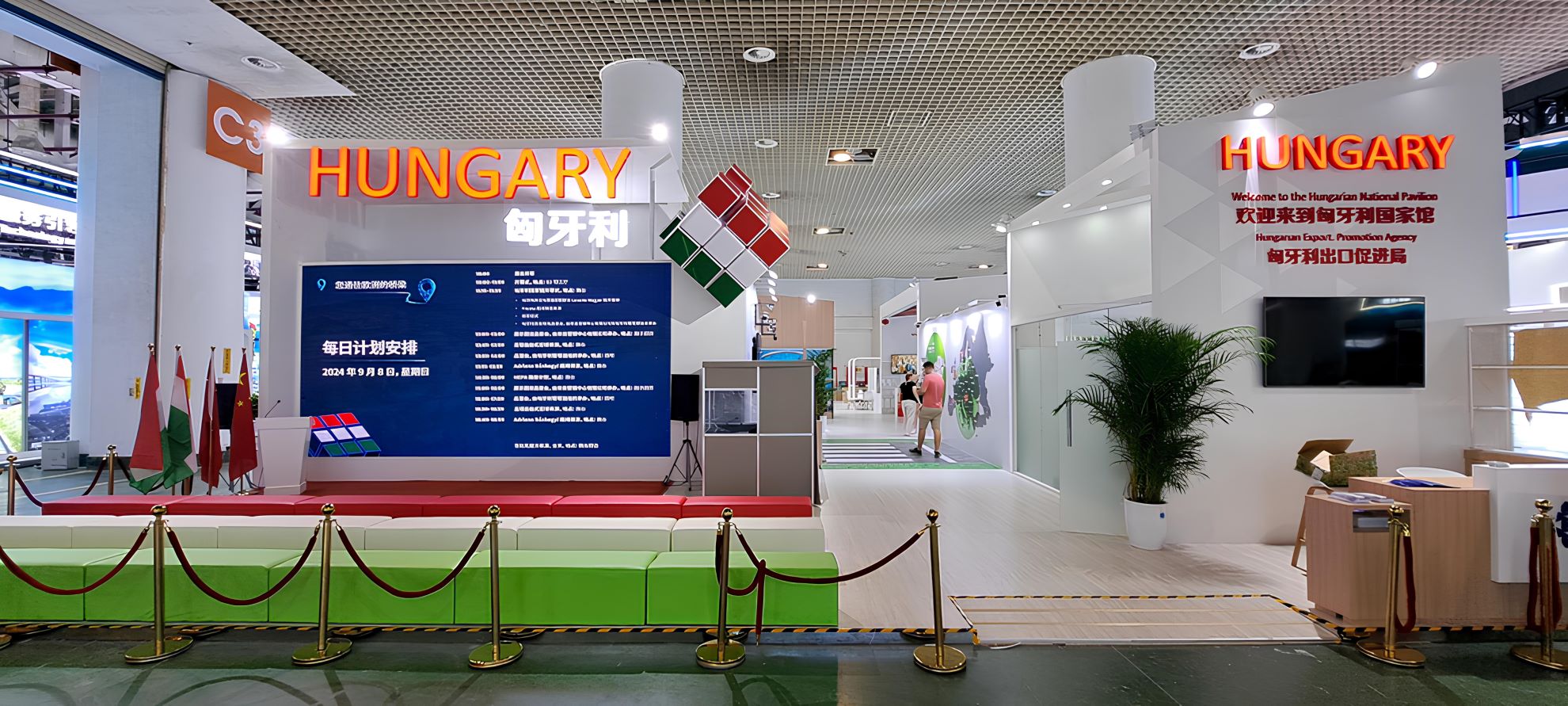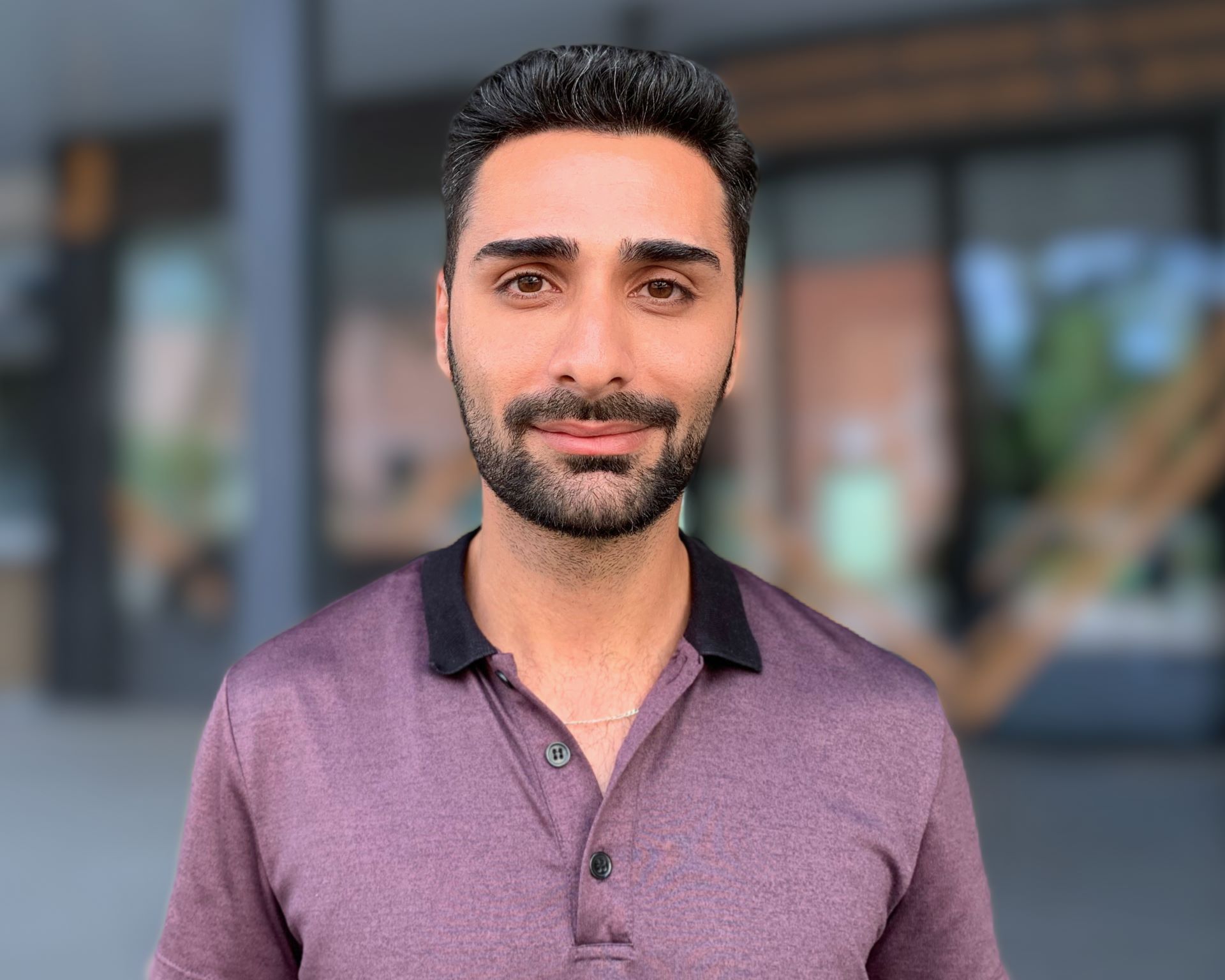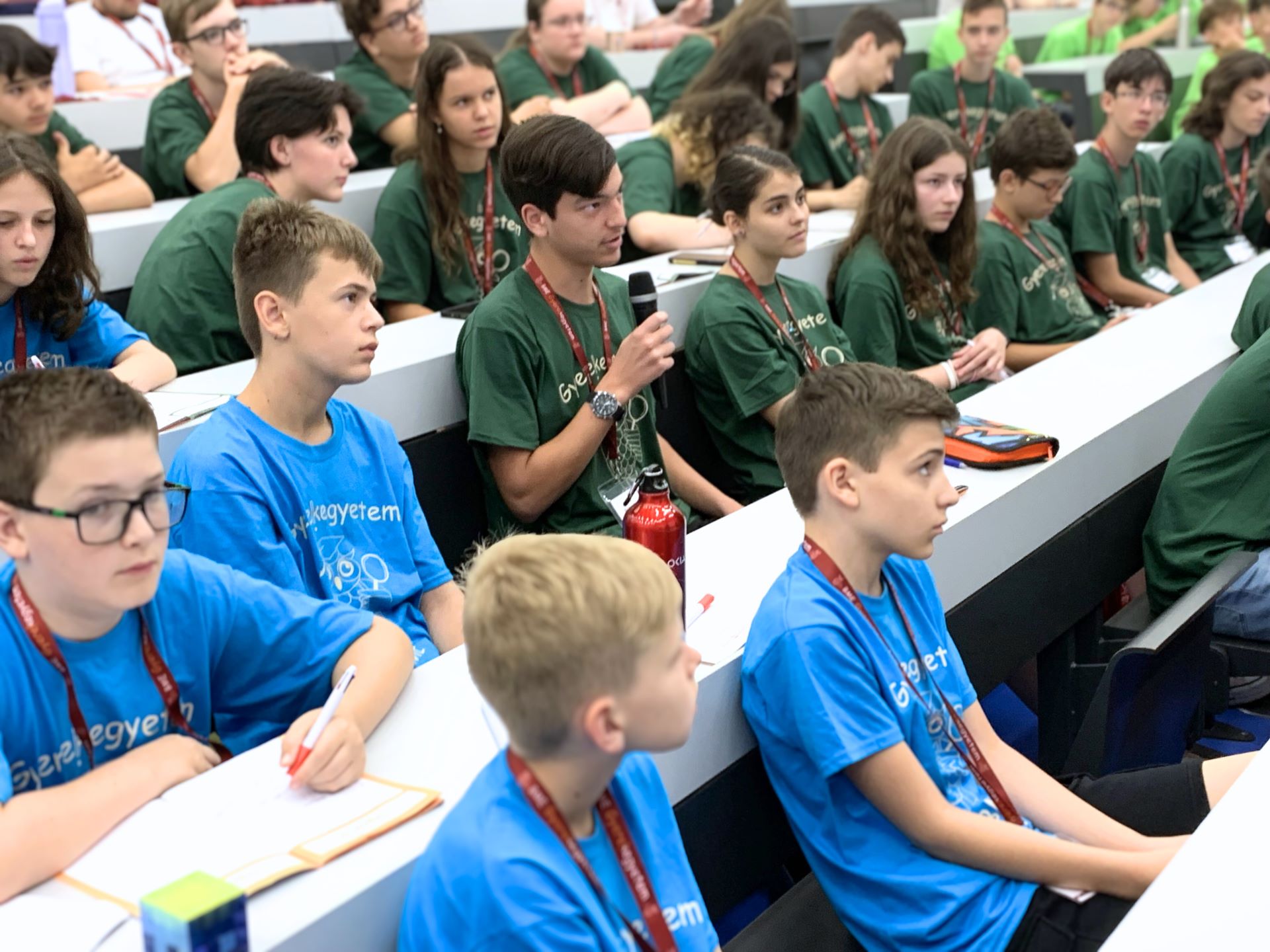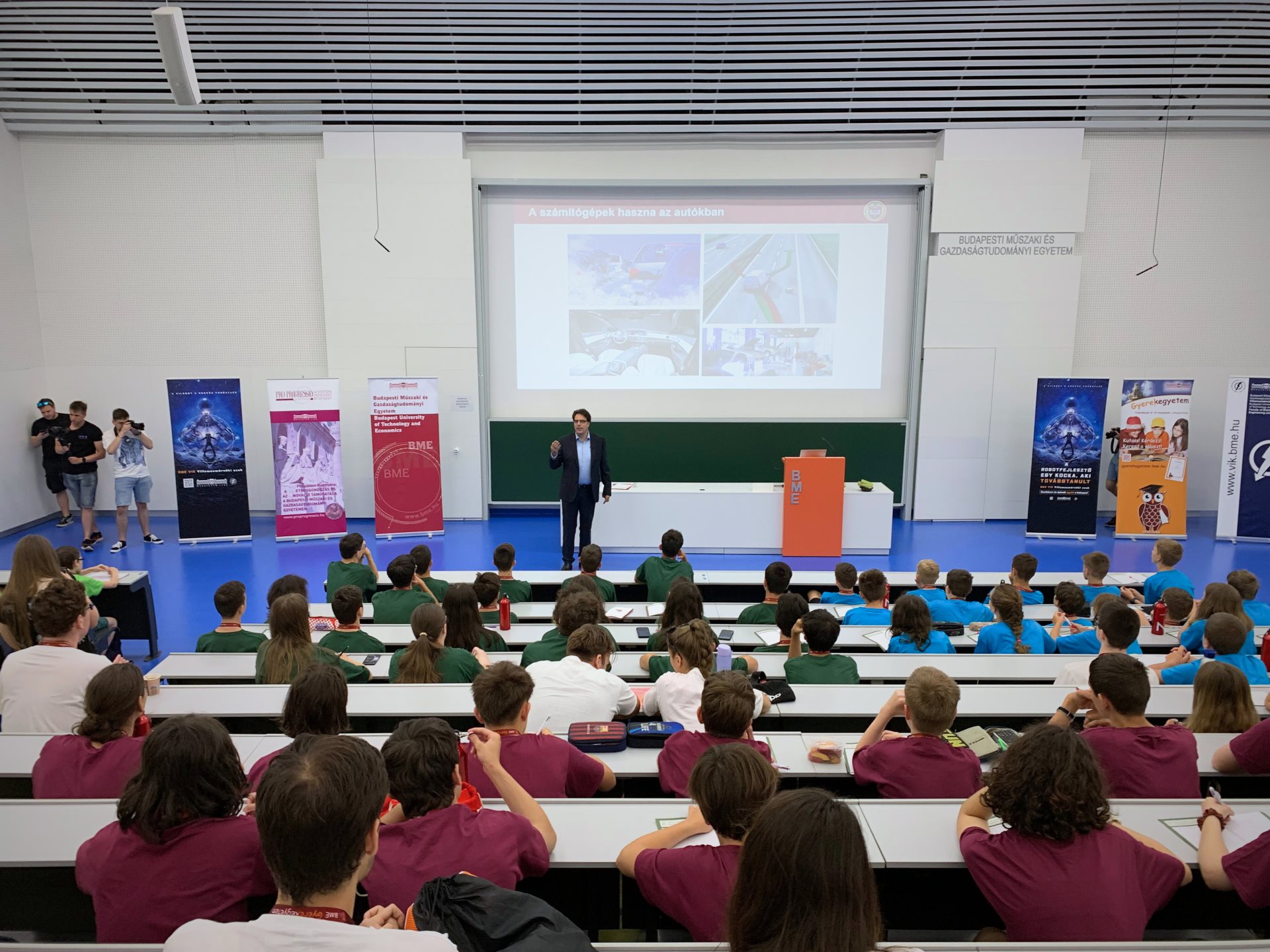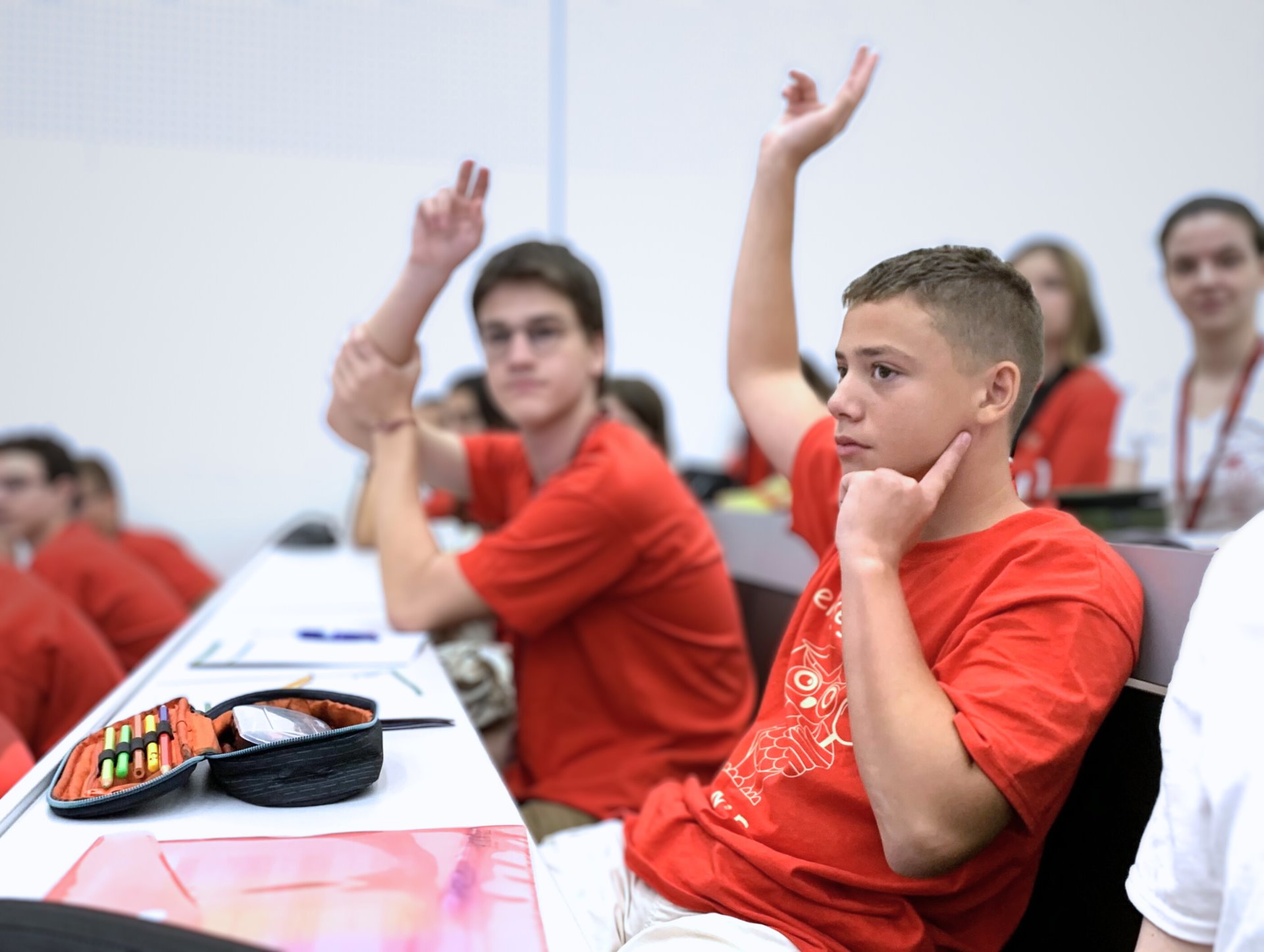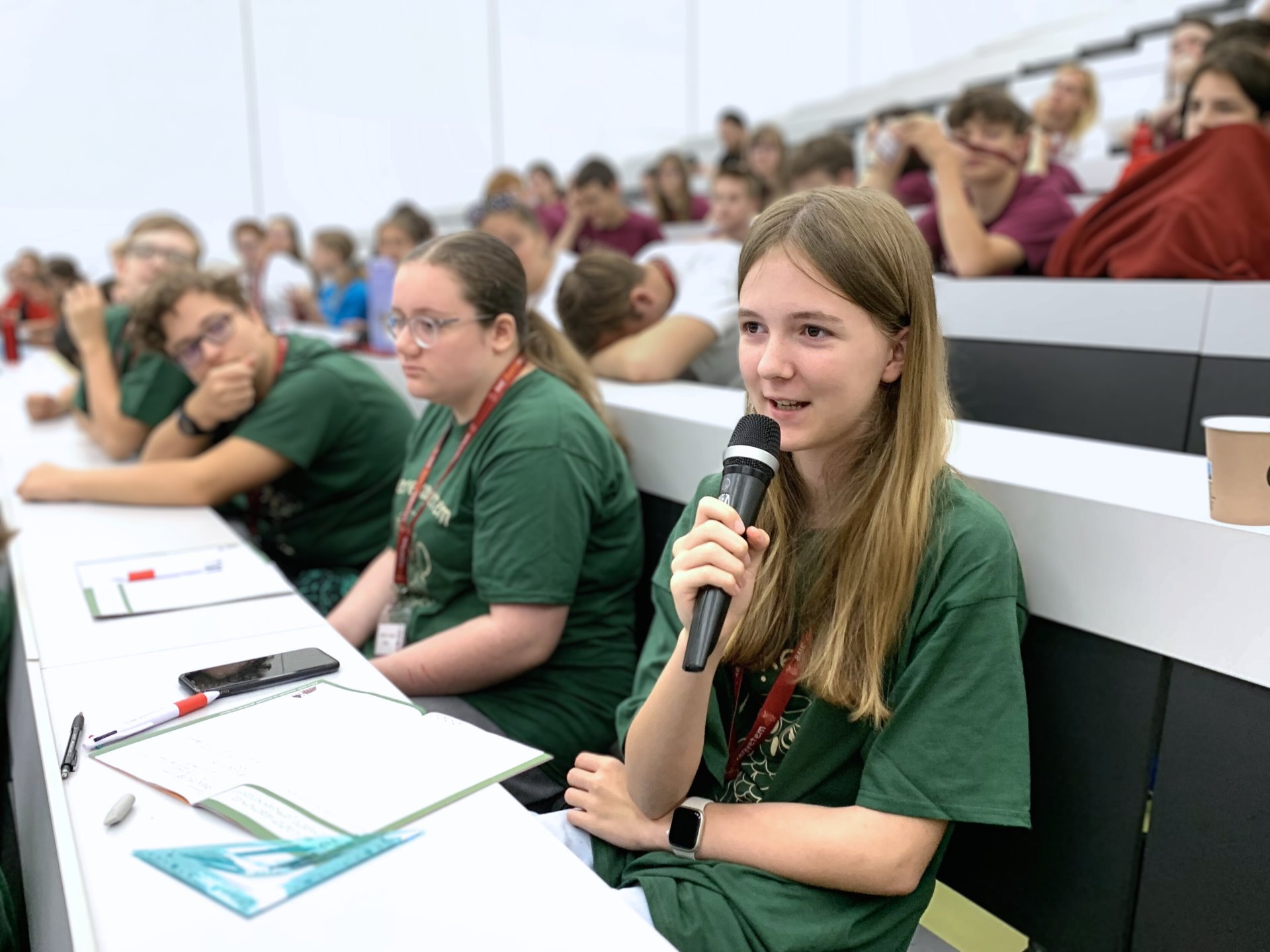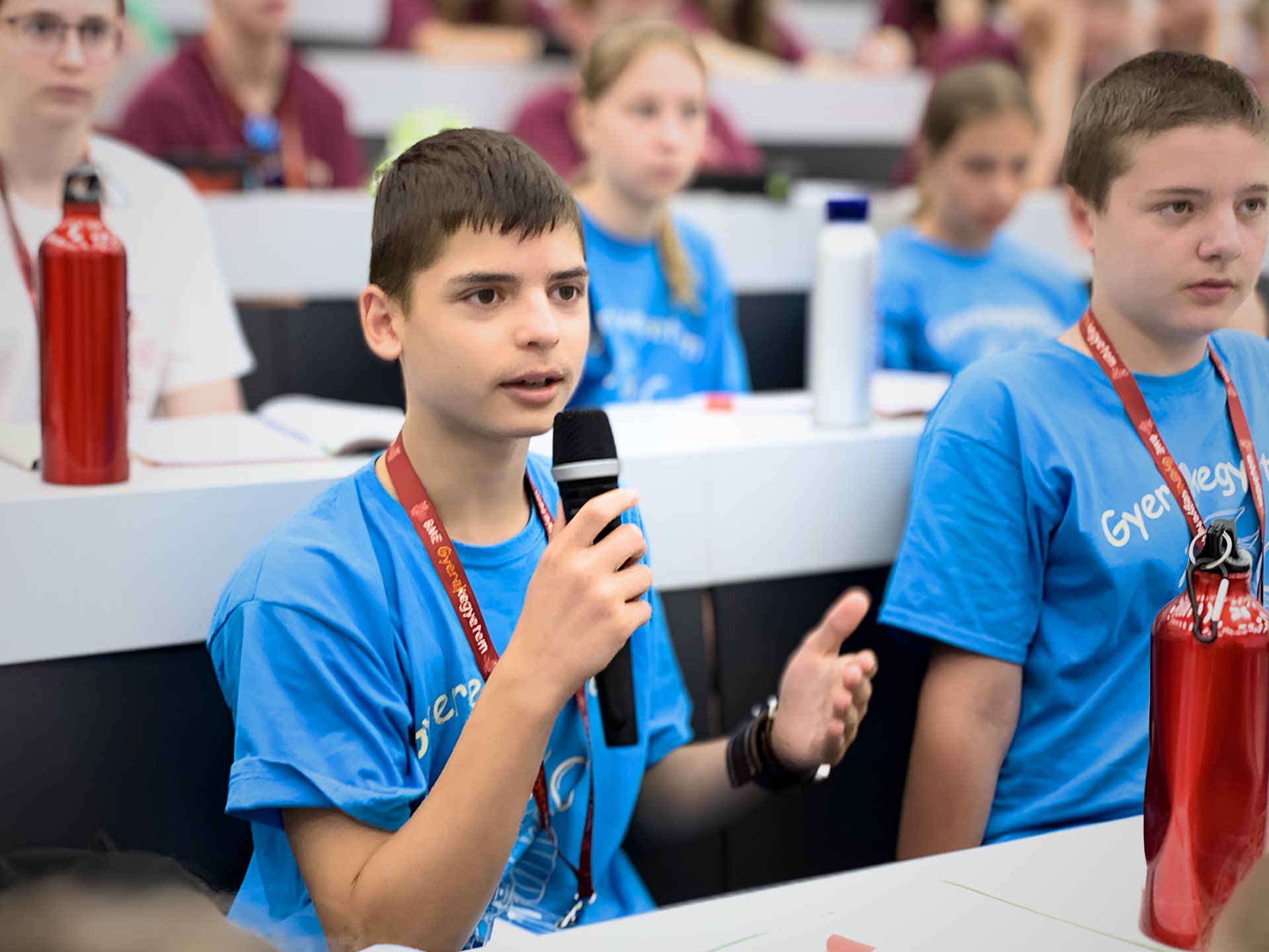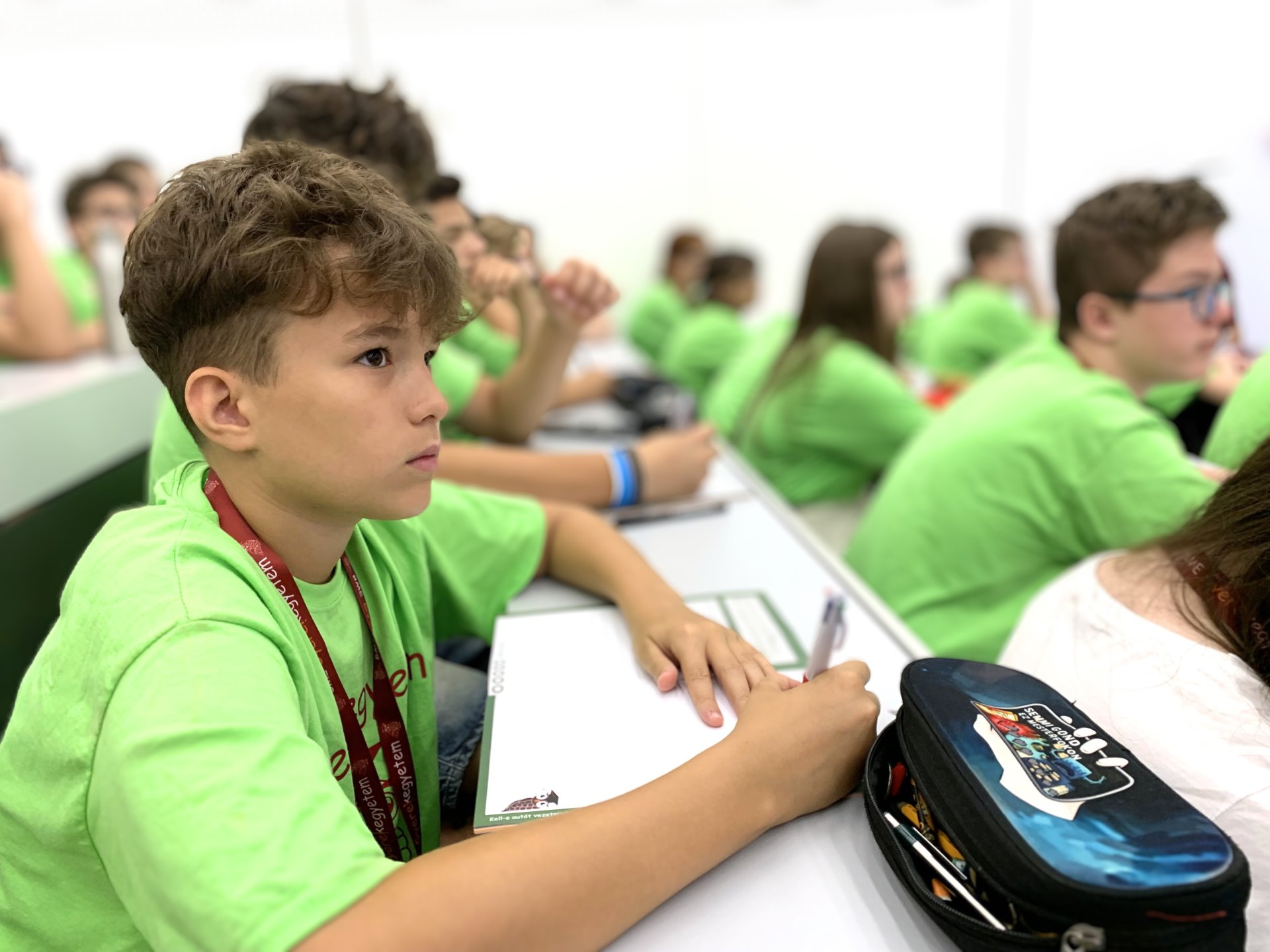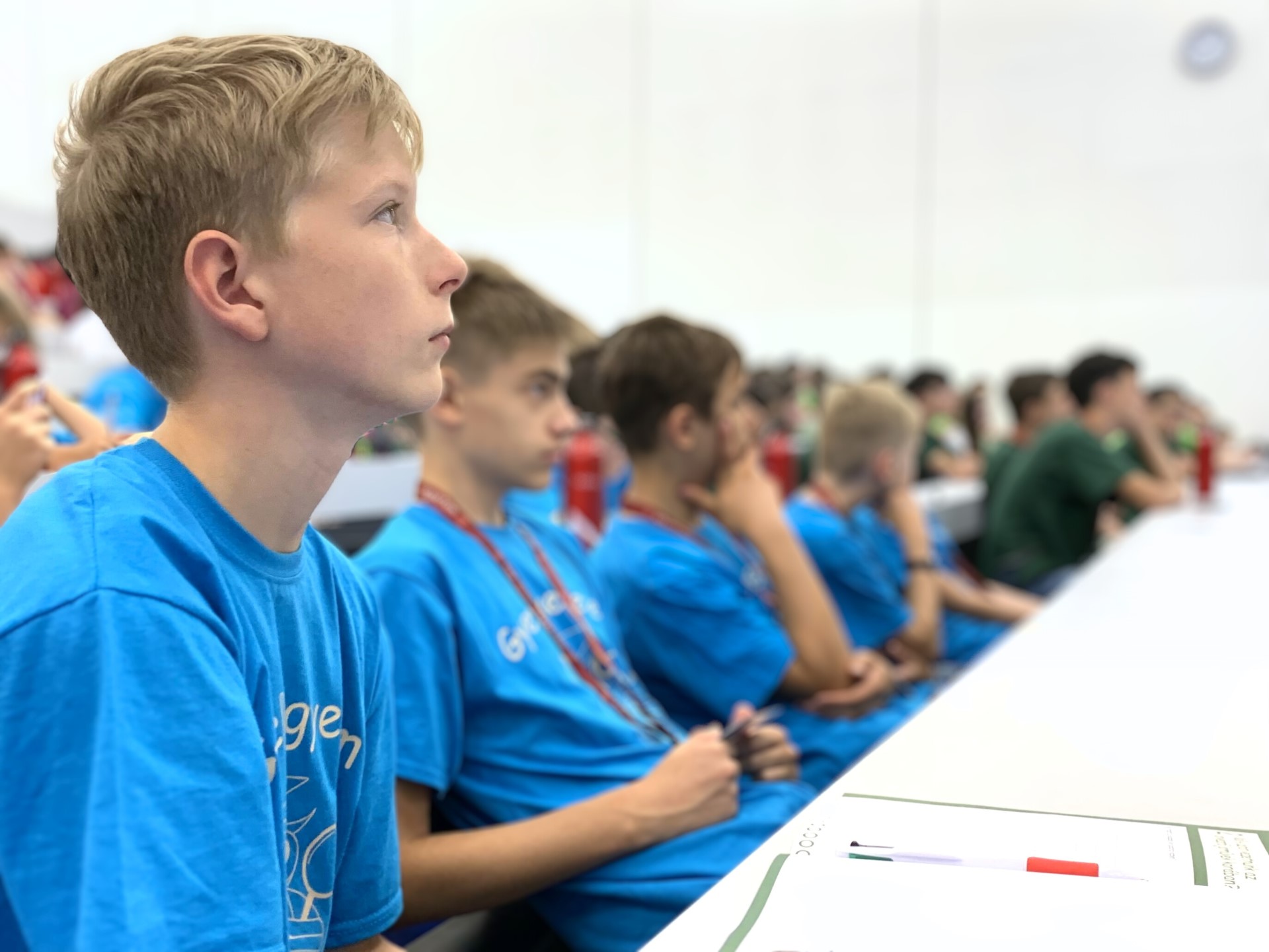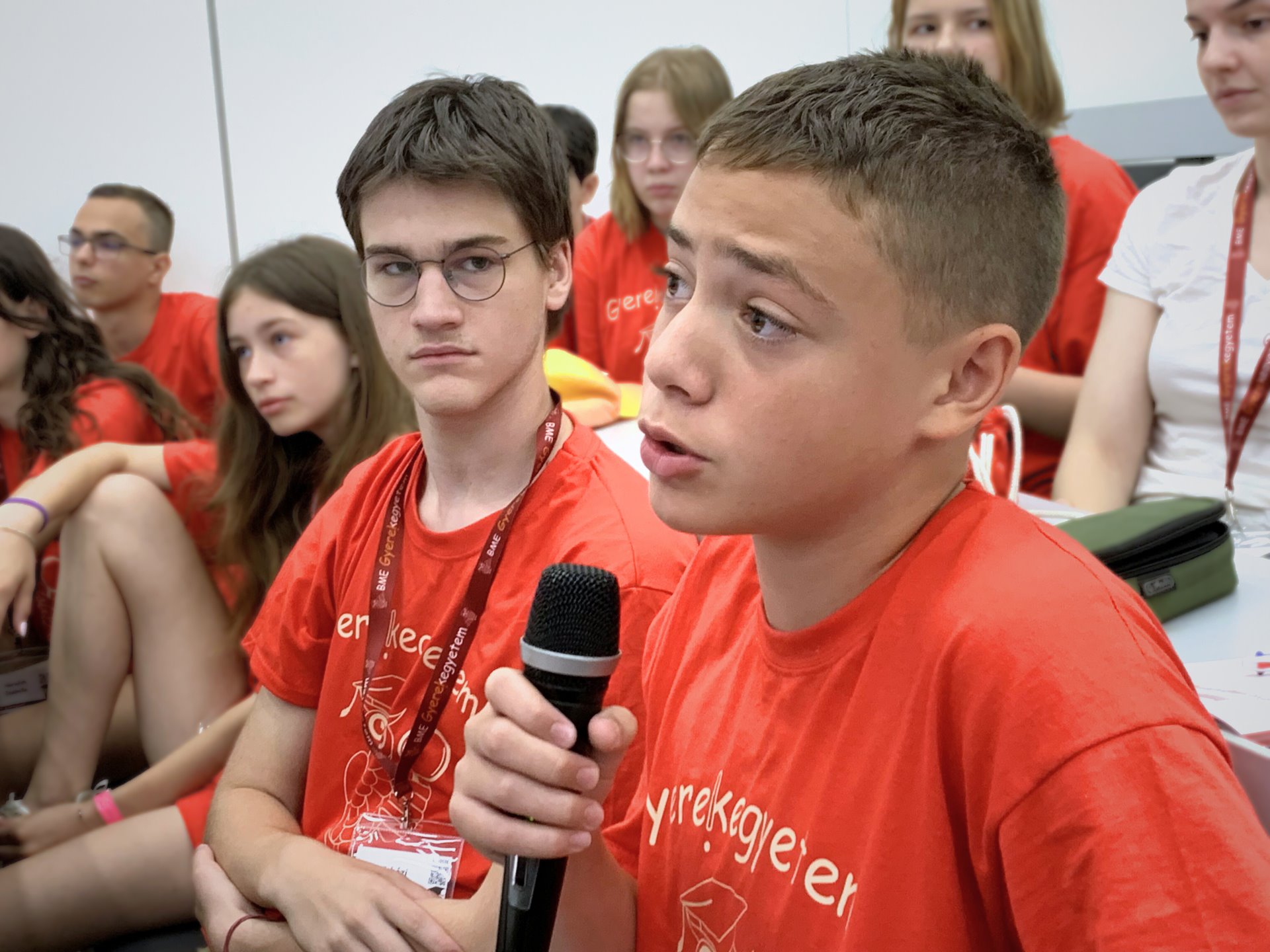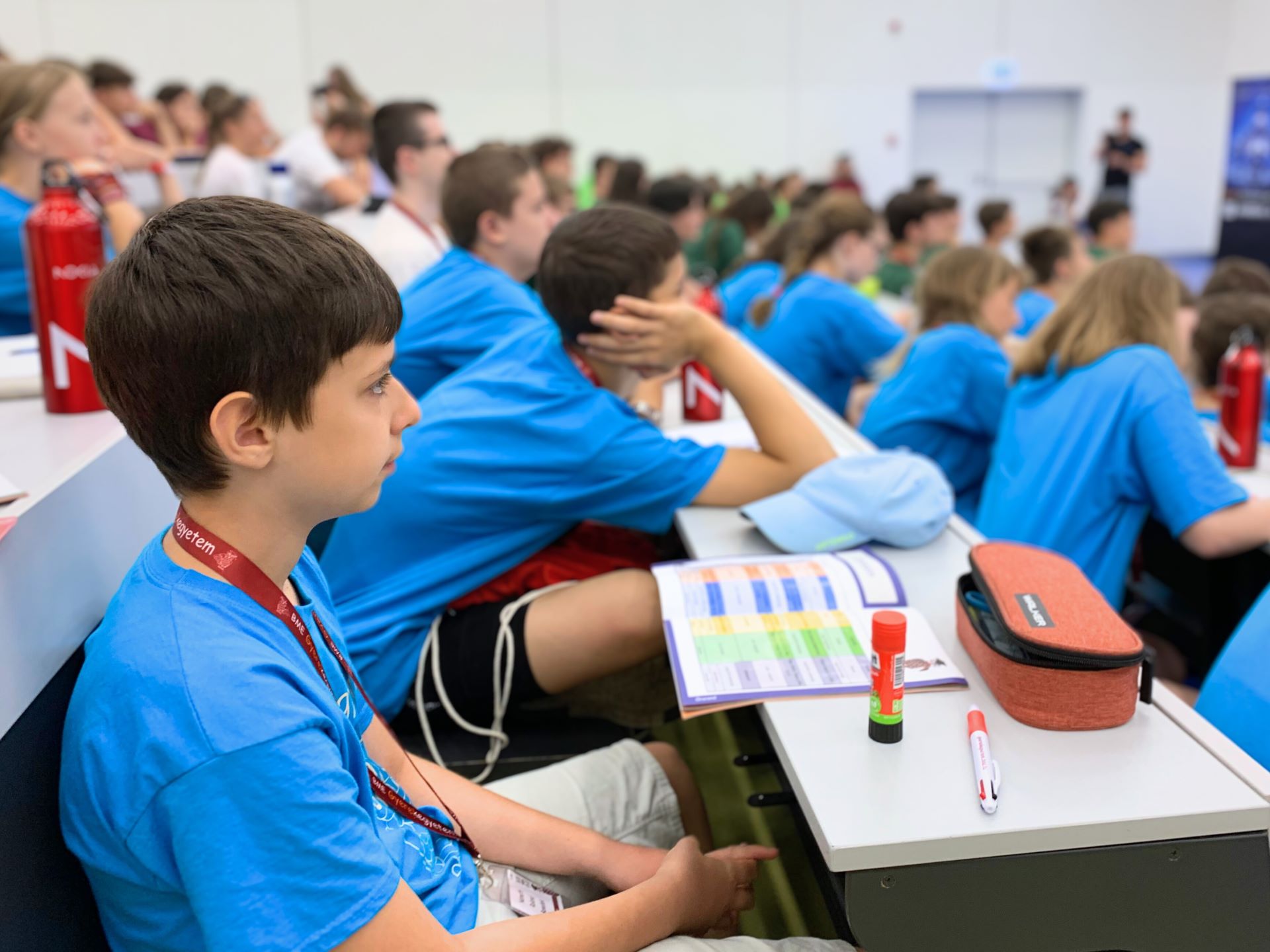In an inspiring fusion of technology, innovation, and global collaboration, the Budapest University of Technology and Economics (BME) recently hosted 70 students from the prestigious Rong Chang Cup Youth Innovation Competition on Global Governance (YICGG) 2024. These young innovators, hailing from 29 countries, experienced a week of cutting-edge demonstrations, insightful presentations, and cultural exchange, emphasizing the theme “Global AI Governance: A New Era of Responsibility, Challenge, and Cooperation.”
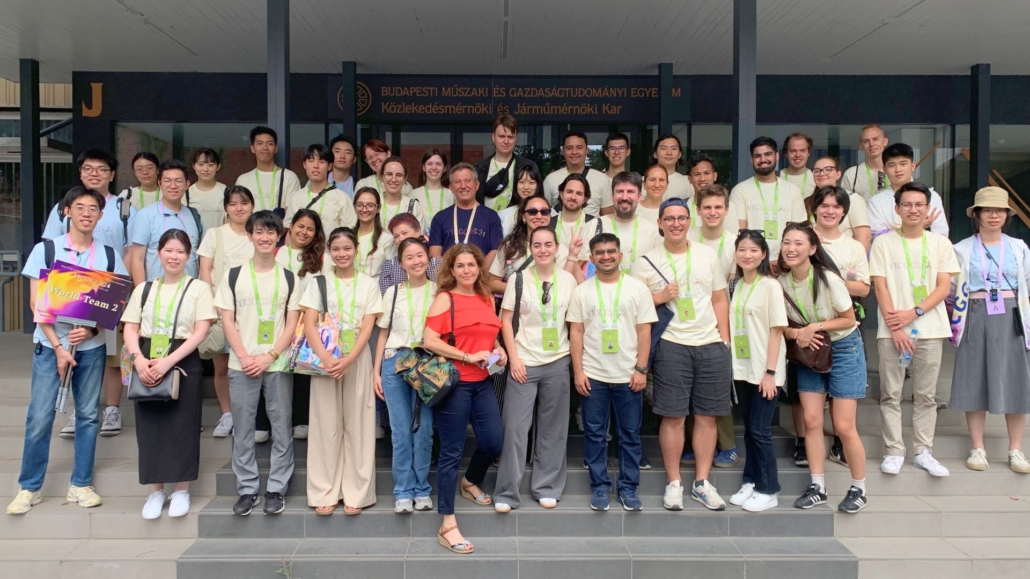
Technological Immersion
The YICGG, organized by Fudan University and supported by the United Nations Development Programme, brings together brilliant minds from around the world to address pressing global issues through innovative solutions. This year’s competition, co-hosted by institutions in Hungary, provided participants with an immersive experience at BME’s Department of Automotive Technologies.
The department’s faculty showcased a variety of advanced technological demonstrations, including generative design in additive manufacturing, laboratory testing of vehicles, and cooperative environmental sensing with autonomous vehicles. Dr. Tamás Markovits, Dr. Péter Harth, and Dr. András Rövid led these sessions, offering deep insights into their specialized fields.
Interview with Veronica Rebreanu: An Expert’s Perspective
During the event, we had the opportunity to speak with Veronica Rebreanu, an international expert and veteran judge of the competition. Her enthusiasm for the program and the innovations presented was palpable.
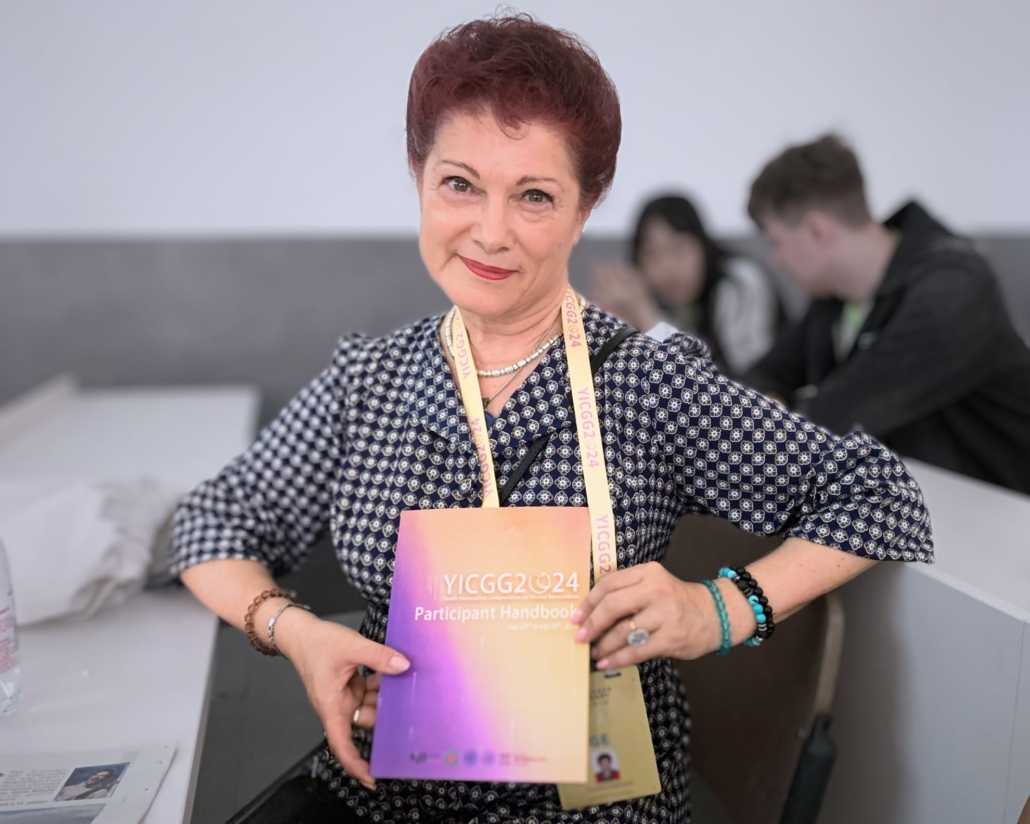
What is your role in this program?
I’m a judge, evaluating projects as an international expert. This competition has grown increasingly sophisticated and well-organized over the years. I’m thrilled to be here at BME, where I see so much passion and dedication. The university’s programs are a testament to technological evolution from the 18th century to today. As a jurist, I find it fascinating to understand the technological advancements and how they are integrated into practical applications.
What impressed you most about the programs here?
The campus is extraordinary, seamlessly blending historical heritage with cutting-edge technology. The programs are dynamic and innovative, reflecting a living proof of technological advancement. It’s fascinating to see how imagination and technology push boundaries, proving that anything envisioned can eventually become reality. The dedication and passion of the people here are evident. It’s like a hobby for them, and when your job is like a hobby, you enjoy it immensely. This passion is infectious and drives innovation.
How do you perceive the students’ backgrounds and interests?
The students come from diverse backgrounds, and most have a solid understanding of their fields. I intentionally asked them challenging questions and was impressed by those who could engage deeply. This diversity in expertise is crucial for innovation, as it brings different perspectives and ideas. It’s important to have people from different areas of study, as they bring fresh insights and drive progress. Even silly questions can reveal who truly understands the subject matter, and this diversity is a strength.
Do cultural differences influence their scientific approaches?
Absolutely. This competition is invaluable because it gathers students from various cultures and educational systems, fostering a rich exchange of ideas. Different educational methods, whether rigid or flexible, shape how students think and innovate. This cultural exchange is essential for global cooperation and progress. Some educational systems are rigid, while others encourage freedom of expression and creativity. The question is, who is educating the educators? Exposure to different systems can break rigid patterns and foster innovation.
What is the final outcome of this competition?
It’s a comprehensive process. First, projects are selected based on proposals. Then, participants engage in Ignite Talks, where they present their ideas in a concise format. Students are placed in diverse teams, ensuring a mix of backgrounds and perspectives. This collaboration is crucial for developing well-rounded solutions. The competition includes a World Café, where teams present their projects to judges, receive feedback, and refine their ideas. The final presentations are judged on feasibility and impact. The process is intense but immensely rewarding.
Could you share some thoughts on your background and its influence on your role here?
I am not a specialist in technology but a jurist by profession. I was a judge in court before transitioning to academia. My experience in law and regulation provides a unique perspective on the ethical and societal implications of technological advancements. Educating future generations is my passion, and competitions like this keep me engaged and continuously learning. Being around innovative students is invigorating; they are often ahead of us in terms of technological knowledge, pushing us to stay updated and relevant.
Interview with a Participant from Vietnam
We also spoke with one of the participants, a student from Vietnam, to gain insight into the student perspective.
What is your impression of this program?
It’s fantastic. The presentations by professionals are incredibly informative. We saw exciting technologies like 3D lasers. This program is highly beneficial for our studies and future careers, as technology impacts every aspect of life.
Why is this interesting for your studies or life?
Many of us have backgrounds in technology and science, and this program aligns perfectly with our interests. Understanding these technologies allows us to apply them in daily life and in our careers, enhancing our knowledge and skills.
Demonstrations at BME Department of Automotive Technologies : A Glimpse into the Future
During their visit to the department, visitors were given hands-on demonstrations of developments of future technologies, making them tangible.
Generative Design in Additive Manufacturing
Dr. Tamás Markovits demonstrated how generative design is revolutionizing additive manufacturing. Students learned how to create complex, lightweight structures through 3D metal printing, showcasing the potential of this innovative technique.
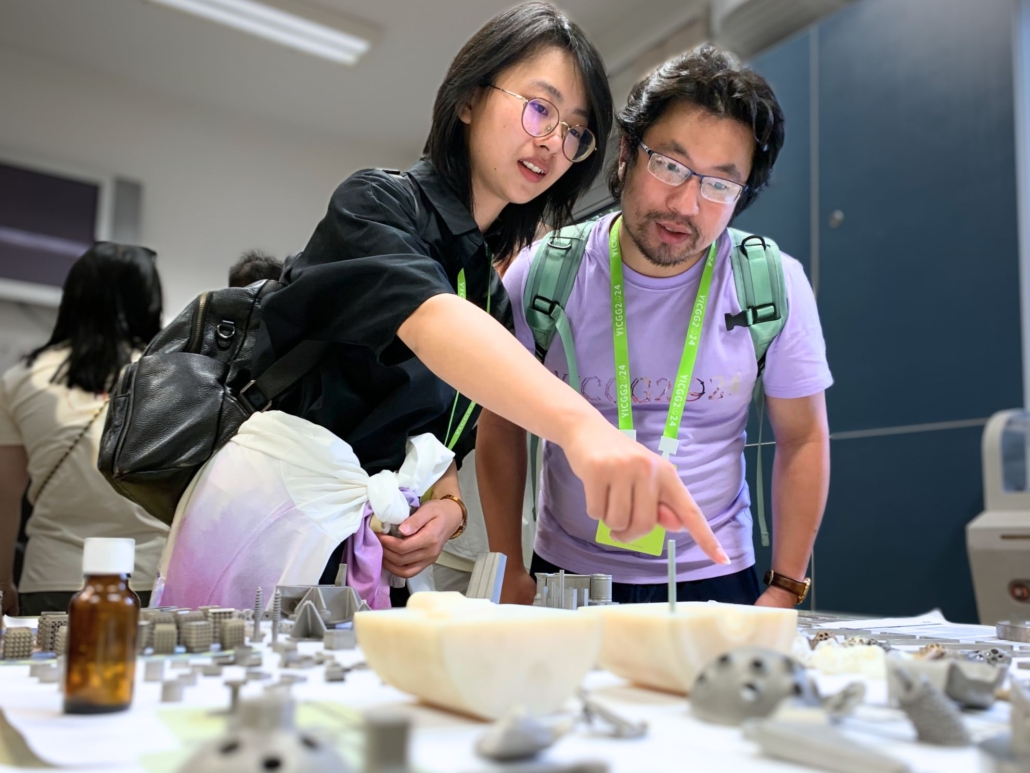
Laboratory Testing of Vehicles
Dr. Péter Harth provided an in-depth look at vehicle performance testing. Participants observed the analysis of CAN data, emissions, torque, and performance evaluation, gaining practical insights into automotive engineering.
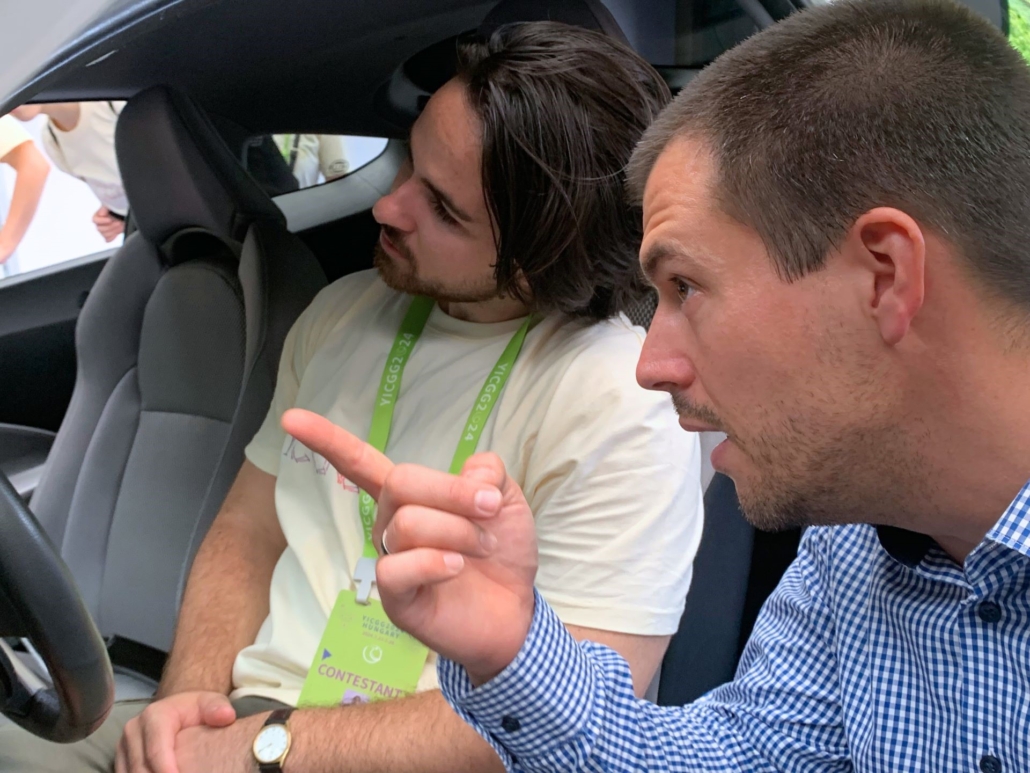
Cooperative Environmental Sensing with Autonomous Vehicles
Dr. András Rövid introduced the concept of real-time digital twin models for autonomous vehicles. The demonstration included the sensors required to create these models and an overview of object detectors operating on sensor data, highlighting advancements in autonomous technology.
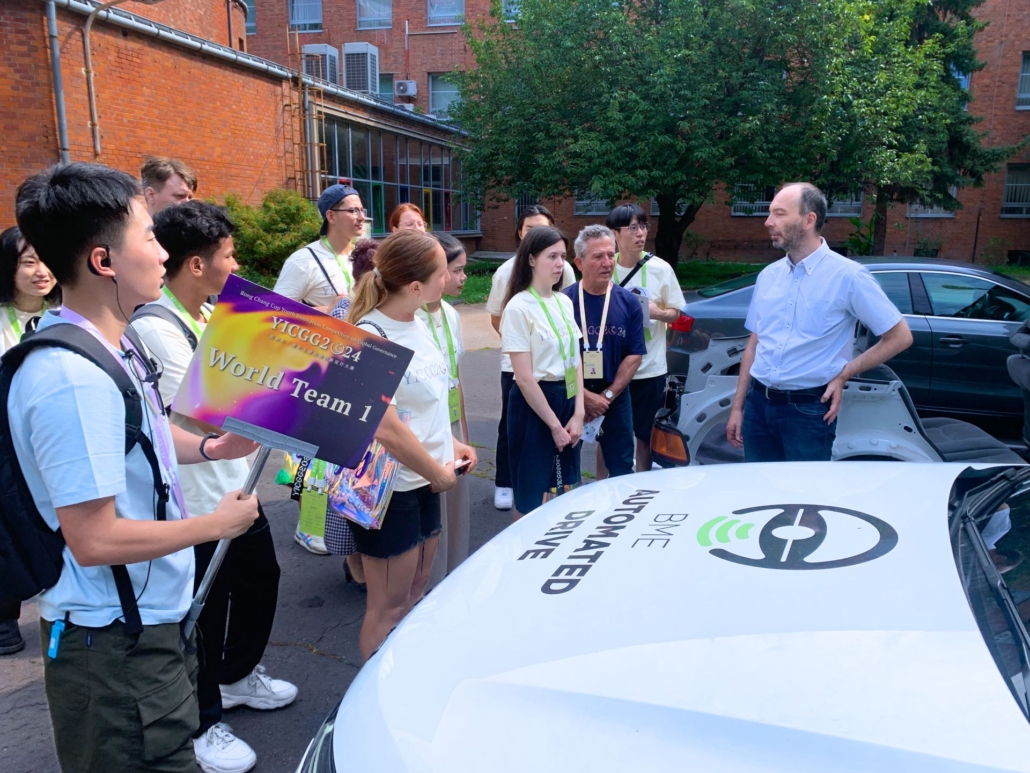
A Global Perspective on Innovation
The YICGG 2024 at BME was more than just a competition; it was a melting pot of ideas, cultures, and technological advancements. As Veronica Rebreanu aptly noted, the interaction and socializing fostered during this event will lead to lasting friendships and collaborations, shaping the future of global governance and innovation. The students returned home not only with new knowledge but also with a network of peers and mentors, ready to tackle the world’s challenges with fresh perspectives and innovative solutions.

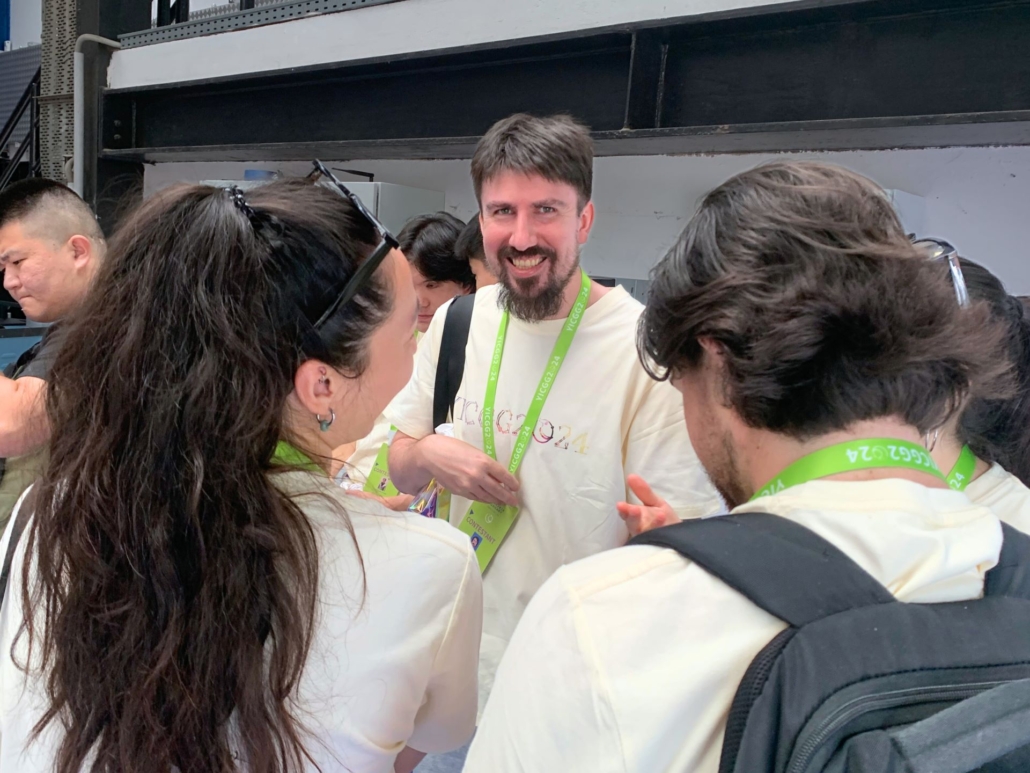
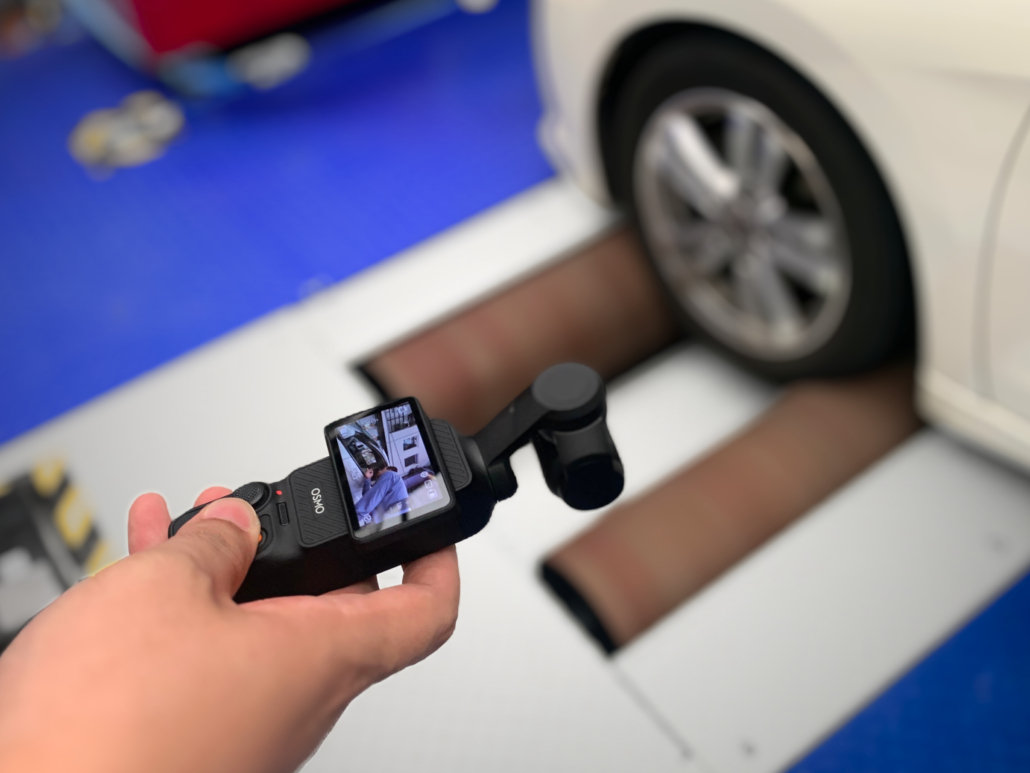

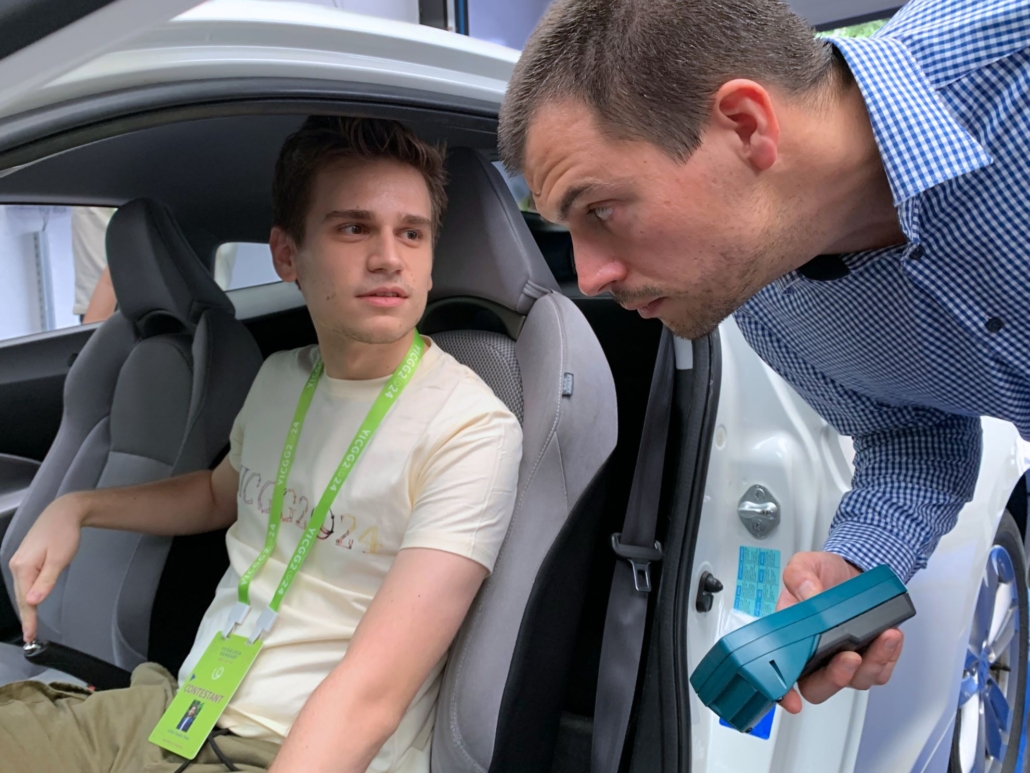
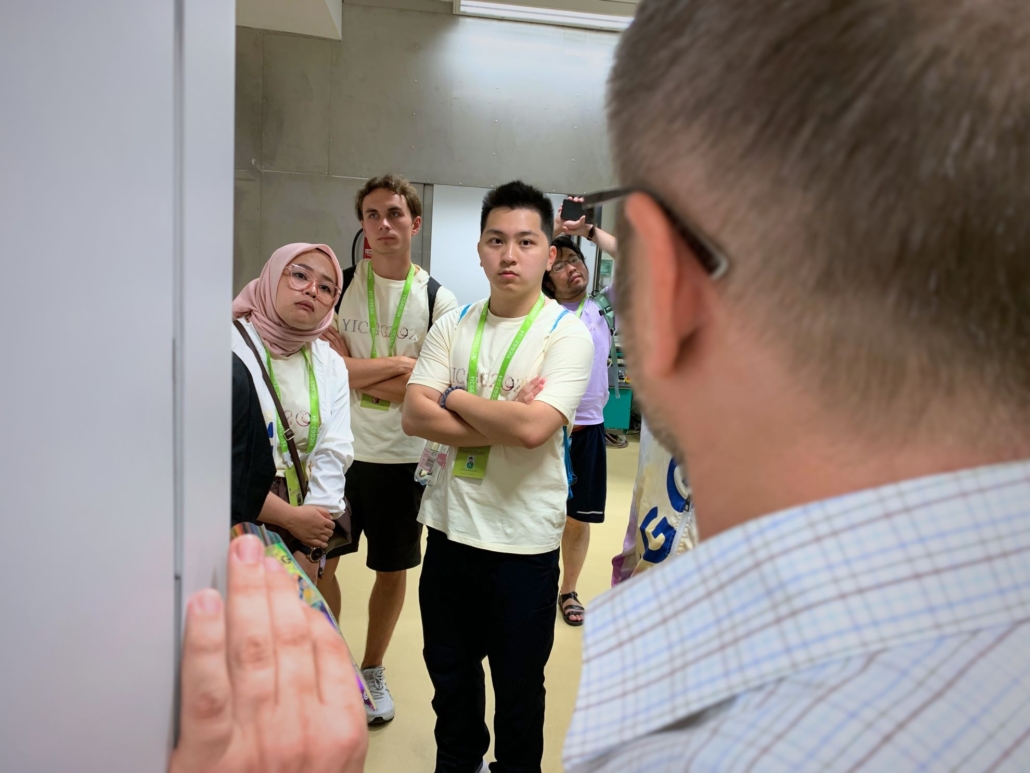
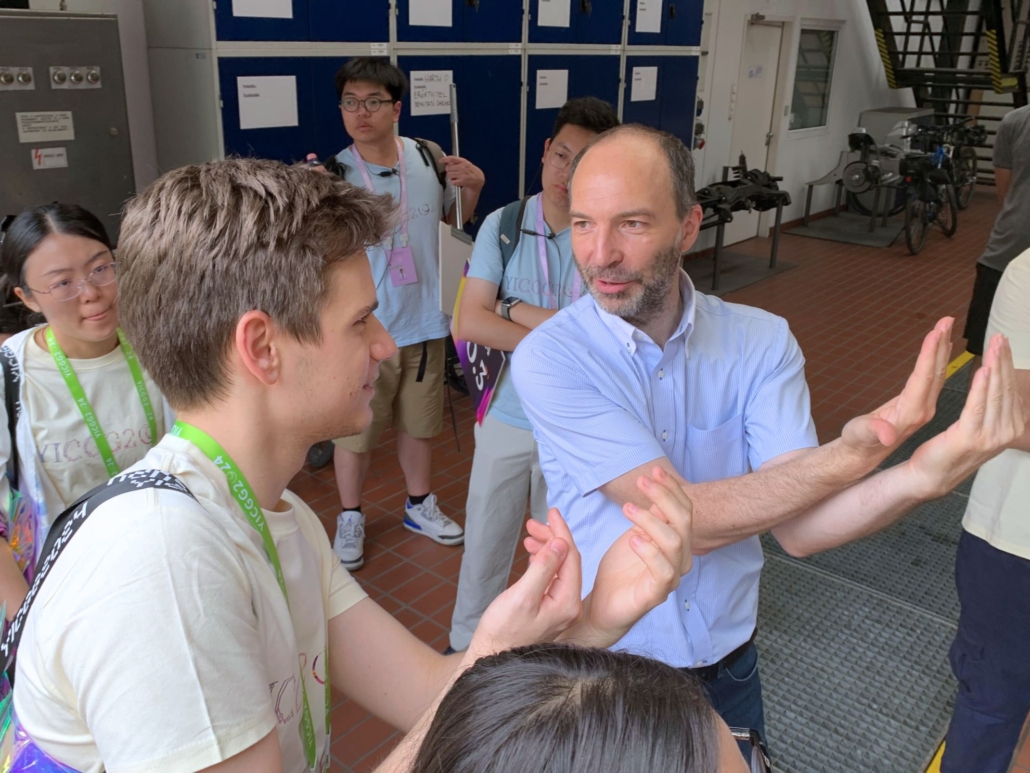
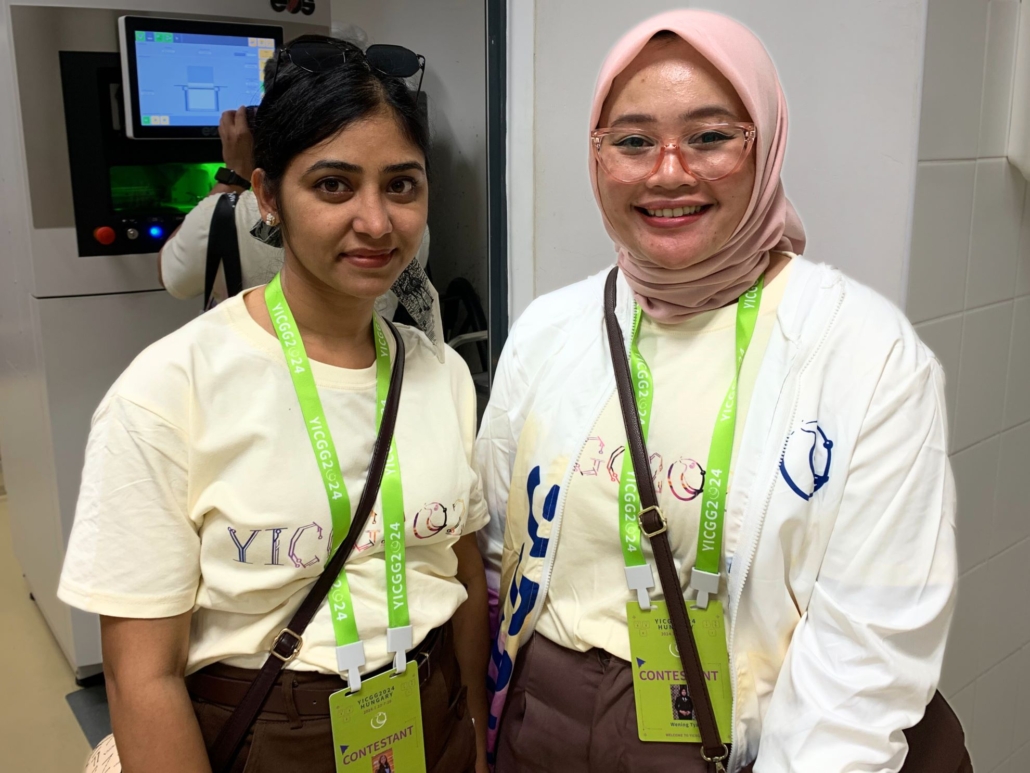
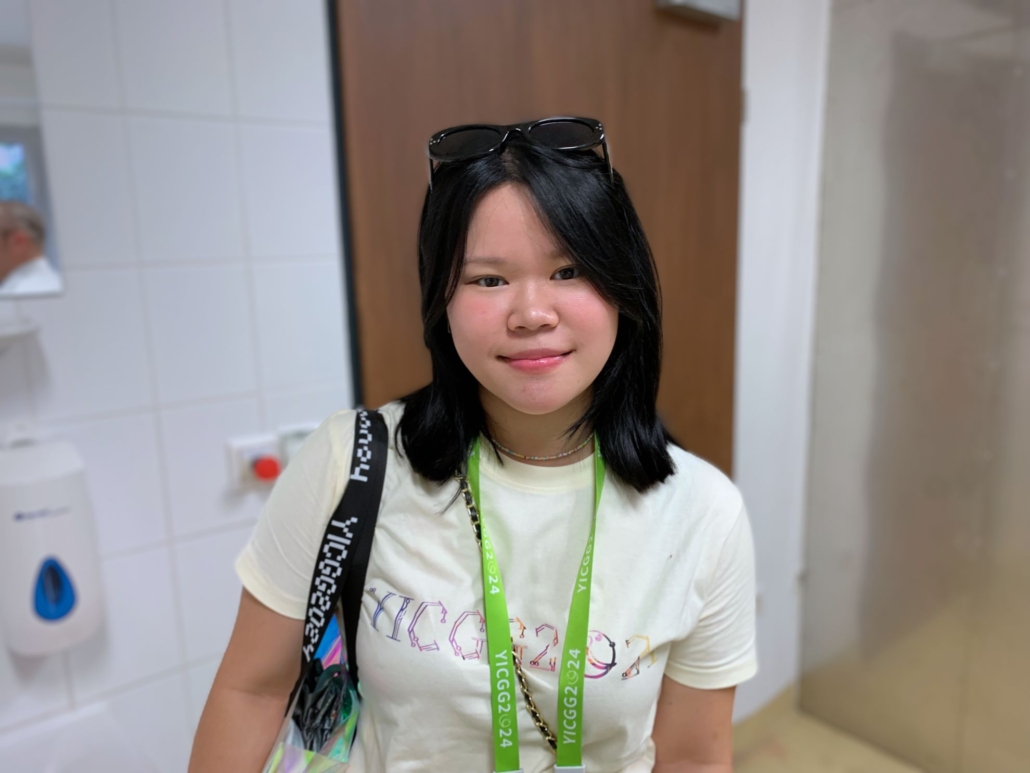
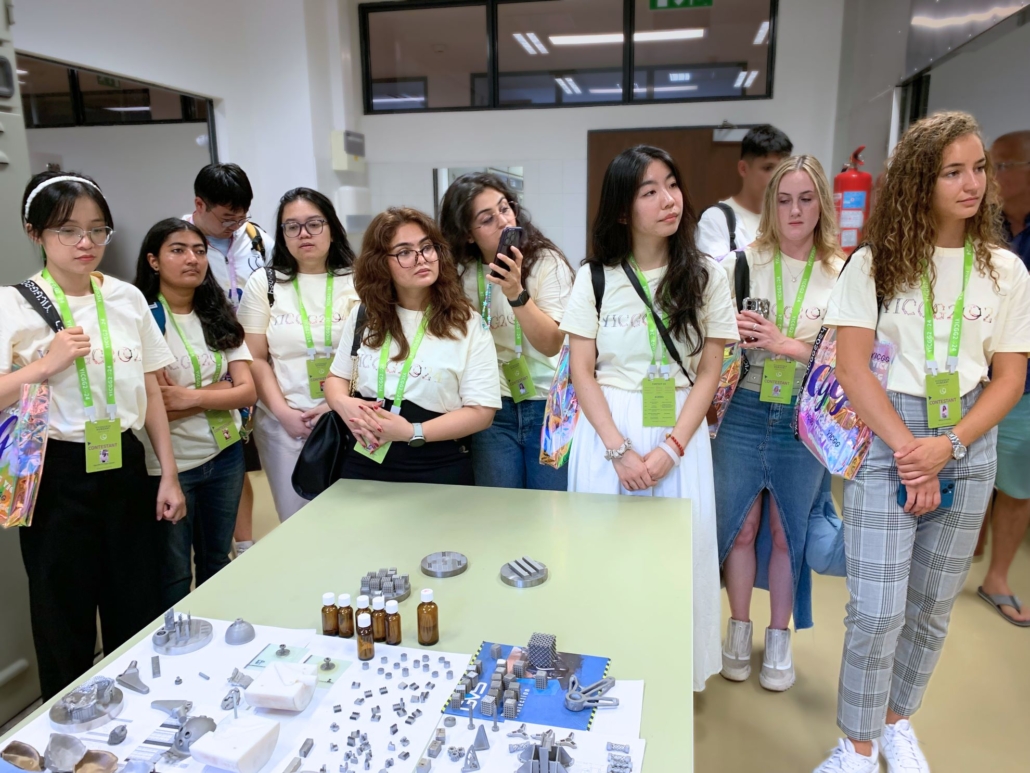

The research related to the developments presented by the demonstration about environmental perception was funded by the European Union under the National Laboratory for Autonomous Systems (RRF-2.3.1-21-2022-00002).

